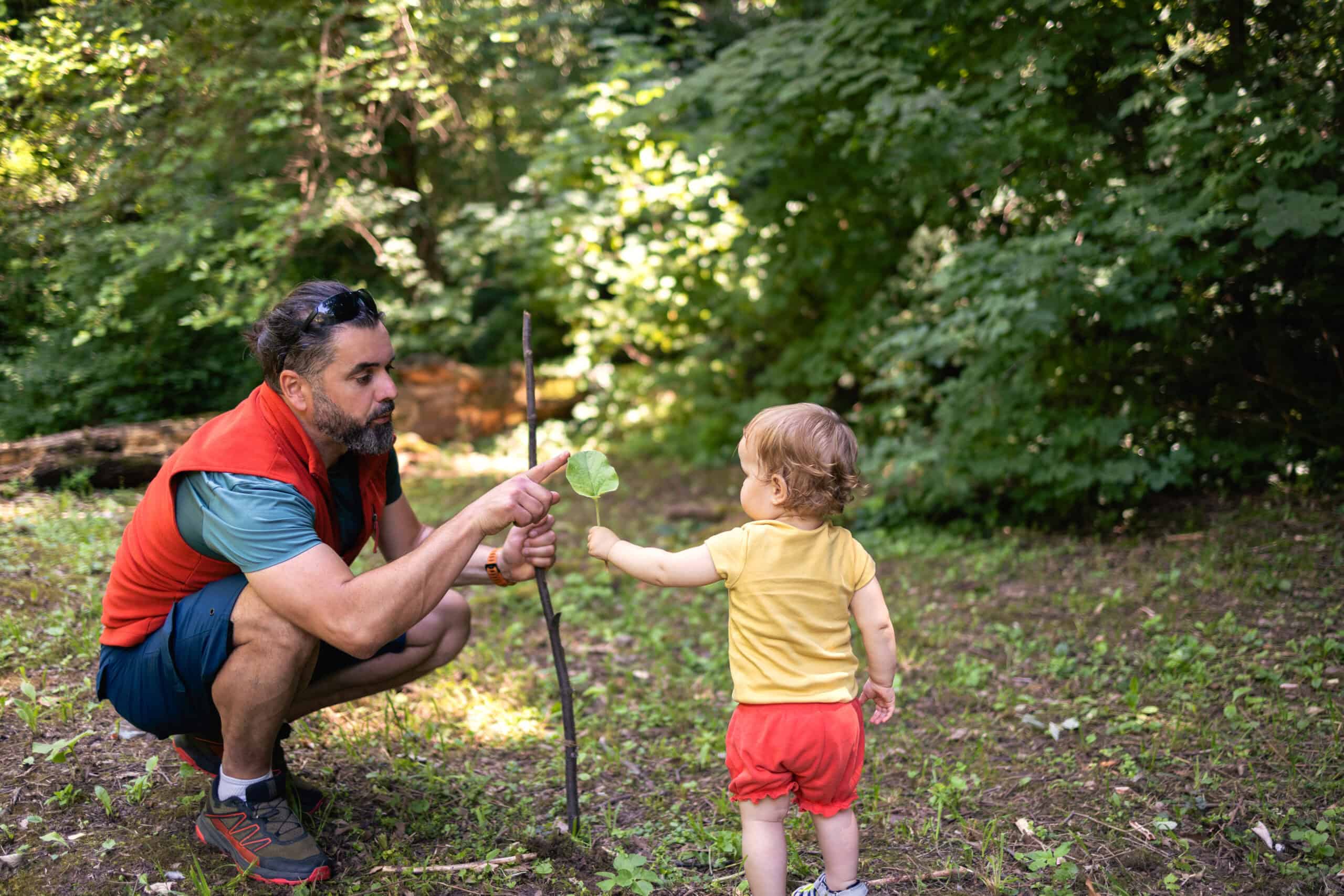Have you ever watched your child standing on the edge of a group, unsure how to join in – and wondered how you could help?
Watching your child struggle to connect with others can be heartbreaking. You see it in the lunchroom, on the playground, or after school: your child standing alone, unsure how to join in. Here’s the good news: social skills aren’t just something children “have” or “don’t have”—they’re skills, and like any skill, they can be taught and improved.
Through intentional guidance and everyday practice, you can help your child feel more confident, connected, and capable of forming meaningful relationships.
Neuroscience Insight
Social skills engage key brain areas – especially the prefrontal cortex (for decision-making and empathy), the amygdala (for emotional regulation), and the mirror neuron system (for understanding others’ actions and emotions).
With consistent practice, these brain areas develop stronger neural connections, enabling children to manage emotions and navigate social situations effectively (3).

Why Nature Matters for Social Learning
Outdoor play is a powerful training ground for social development. Sensory-rich environments like forests, beaches, or even neighbourhood parks create opportunities for cooperative play, shared discovery and flexible problem-solving. Whether children are building a shelter from sticks, navigating a nature trail, or sharing tools in a community garden, they must negotiate space, communicate needs and adapt to changing conditions – core social competencies.
Exposure to nature also reduces stress and increases openness, allowing children to feel more emotionally available for peer interaction. Studies show that green spaces support pro-social behaviours, improve emotional regulation, and enhance empathy through embodied, collective experience.
Before You Begin: Observe Your Child Closely
To teach your child social skills, you must observe him closely.
- Do they look you in the eye when you start a conversation?
- Are they easily distracted, or do their eyes light up with excitement?
- How do they behave around their peers?
These clues can help you identify specific challenges. And from there, guide you to the next steps. To better understand your child’s unique social signals and needs, read Understanding Challenging Behaviours in Children.

7 Practical Ways to Build Your Child’s Social Skills
So how can you help your child develop social skills and begin to feel more comfortable in new situations? Here are some ideas:
1. Motivate your child to maintain eye contact.
Eye contact helps children convey confidence, read facial expressions, and make emotional connections.
Why it matters: It’s one of the first social skills linked to trust and engagement in interactions. Encouraging your child to maintain eye contact helps them feel more comfortable in social settings. It might seem like a simple thing. Yet, it can make an enormous difference if a child feels insecure in a new situation.
Try this: Practice by playing “eye contact detective”- who can hold it longest while telling a story?
2. Encourage asking the right questions.
Teaching children how to ask questions is key to starting and maintaining conversations.
Why it matters: Asking thoughtful questions promotes conversational flow and helps children take an active interest in others.
Try this: Role-play as a reporter and interview each other with questions about hobbies or favourite games. You can try it during a nature walk to inspire curiosity about the environment.
3. Support their interests.
Children bond more easily when they share a passion.
Why it matters: Shared activities create natural connection points and reduce anxiety (2).
Try this: Set up nature – based playdates or group activities centred around your child’s favourite hobby or game. Birdwatching, gardening, or exploring tree trails can also naturally spark cooperative conversations.
PAUSE AND REFLECT
Think of a time when you helped your child through a difficult social moment.
What did they need most from you-encouragement, a listening ear or concrete guidance?
4. Respect their social style.
Not every child is a social butterfly.
Why it matters: Introverts and extroverts thrive in different social environments. Pushing a child into uncomfortable situations can harm more than help.
Try this: Offer both in-person and digital socialising opportunities. Allow them to choose how they interact with their peers, whether it’s through live conversations or online chats. Outdoor settings with fewer sensory demands can support quieter children in warming up to group dynamics.
5. Model active listening.
Effective listening is one of the most critical aspects of social interaction – it’s about showing interest and understanding.
Why it matters: Active listening improves behaviour, empathy, and relationship quality.
Try this: Play a “telephone” game where kids must pass along a message – demonstrating how carefully listening makes a difference.

6. Play turn-taking games.
Games like Uno or board games teach patience and rule-following.
Why it matters: These games foster impulse control and collaborative problem-solving. They help children gain valuable social skills by teaching them how to wait and be patient (4). Your child’s skills from playing these games will set the foundation for social success throughout his life.
Try this: Create a scavenger hunt in your local park. Children must take turns reading clues and finding objects like leaves, feathers, or rocks. For research-backed tips to build your child’s emotional resilience during peer play, explore The Science of Emotional Resilience.
7. Model and respect personal space.
Some children like to come physically close when they’re talking. Understanding physical boundaries is critical for positive peer interactions.
Why it matters: Teaching body cues and spatial awareness promotes respectful, non-invasive social behaviour.
Try this: Use a hula hoop or “bubble space” game to help kids visualise appropriate distances.
Cultural Connection
In Japan, children learn social awareness early through group rituals, shared responsibilities, and peer harmony. These cultural practices reinforce emotional regulation and cooperation.
Similarly, Indigenous cultures often teach social roles and empathy through storytelling and shared experience.
These global approaches remind us: social learning happens best through experience, repetition, and supportive modelling (1).

Freebie Resources to Deepen Your Parenting Practice
To make this science actionable, we’ve created free, printable tools for everyday parenting.
- Fostering Compassion Calendar – Designed to cultivate empathy through small daily actions, this resource aligns with your article’s emphasis on emotional warmth and micro-moments of connection.
- Types of Play Checklist – Encouraging peer play is one way to support social development in only children. This checklist helps parents recognise different forms of play that build connection and resilience.
- Monthly Activity Ideas – Offers creative bonding ideas that don’t require siblings – ideal for single-child families building routines of emotional safety.
All resources are free to our subscribers. Sign up here to download, print, and start using them right away to support inclusive, joyful learning.
Final Thoughts
Social skills are built through practice, patience, and the right context. By teaching specific behaviours, supporting your child’s strengths, and modelling positive interaction, you help them grow into confident, connected individuals.
Start small. Stay consistent. And keep showing up. To let go of unrealistic expectations and focus on connection, read Embracing Imperfection in Parenthood.

Reflect
Know a parent or educator who’s navigating social struggles with a child?
Share this guide with them – it could be the game-changer they’ve been looking for.
References:
- Xovoxon, F., (December 15, 2024). Strategies for Enhancing Social Skills in Early Childhood Education Through Developmental Learning Approaches. Oscar Publishing Services. https://doi.org/10.37547/ijp/Volume04Issue12-18
- Han, Y., & Hock, K. E. (August 5, 2023). The relationship between parenting stress and social skills of preschool children. South Asian Journal of Social Sciences and Humanities, 4(2), 118–132. https://doi.org/10.48165/sajssh.2023.4207
- Nangle, D.W., Erdley, C.A., and Schwartz-Mette, R.A., (2020). Social skills across the life span. ScienceDirect. https://www.sciencedirect.com/book/9780128177525/social-skills-across-the-life-span
- Tremaine, E. J. (2017). Profiles of school readiness and implications for children’s development of academic, social and engagement skills. Dissertations and Theses. Paper 4019. https://doi.org/10.15760/etd.5903
This piece was written for you by
Making complex ideas accessible and sparking meaningful conversations.
